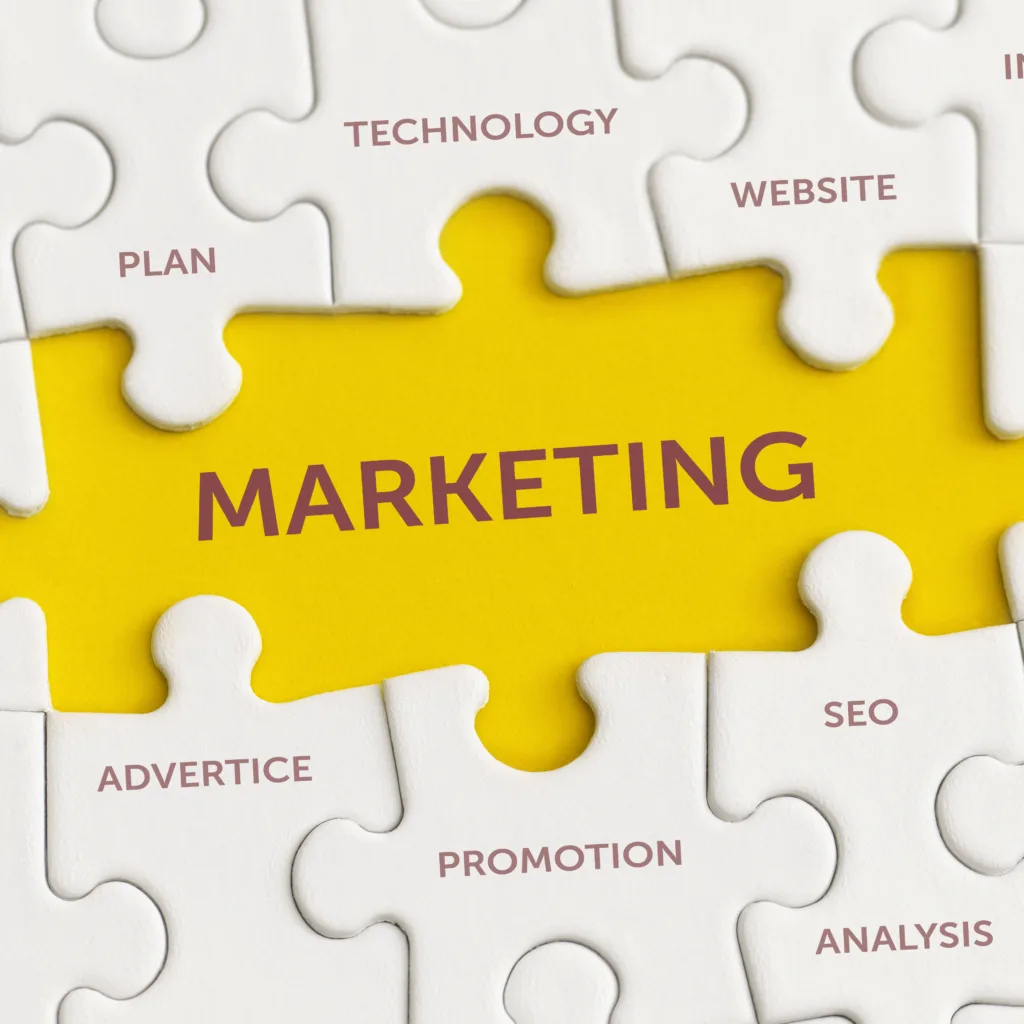Marketing is the cornerstone of any successful business. It encompasses a range of activities aimed at promoting, selling, and distributing products or services to target consumers. In today’s competitive landscape, effective marketing can mean the difference between a thriving enterprise and one struggling to stay afloat.
Types of Marketing
Traditional Marketing
Traditional marketing methods include print advertisements, television commercials, radio spots, and direct mail. While these strategies have been effective in the past, they often require significant financial investment and may not reach as wide an audience as digital marketing techniques.
Digital Marketing
Digital marketing leverages online platforms such as websites, social media, email, and search engines to connect with potential customers. It offers greater flexibility, measurability, and cost-effectiveness compared to traditional methods. Digital marketing encompasses various tactics, including search engine optimization (SEO), pay-per-click (PPC) advertising, and content marketing.
The Evolution of Marketing
Marketing has come a long way since its inception. From simple trade exchanges to sophisticated data-driven campaigns, the evolution of marketing reflects advancements in technology, communication, and consumer behavior. While traditional marketing still plays a role, businesses increasingly rely on digital channels to engage with their audience.
Marketing Strategies
Content Marketing
Content marketing involves creating and distributing valuable, relevant content to attract and retain a target audience. This can include blog posts, videos, infographics, and podcasts. By providing useful information and establishing authority in their niche, businesses can build trust and loyalty with customers.
Social Media Marketing
Social media platforms such as Facebook, Instagram, Twitter, and LinkedIn offer unparalleled opportunities for businesses to connect with consumers on a personal level. Social media marketing involves creating compelling content, engaging with followers, and leveraging advertising tools to increase brand awareness and drive sales.
Influencer Marketing
Influencer marketing involves partnering with individuals who have a large and engaged following on social media. By collaborating with influencers relevant to their industry, brands can reach new audiences and build credibility. Influencer marketing is particularly effective for targeting niche markets and driving conversions.
Marketing Examples
Coca-Cola’s “Share a Coke” Campaign
Coca-Cola’s “Share a Coke” campaign personalized its packaging by featuring popular names and phrases. This clever marketing tactic not only encouraged consumers to purchase multiple bottles to find their name but also sparked conversation and user-generated content on social media.
Nike’s “Just Do It” Campaign
Nike’s iconic “Just Do It” campaign is a testament to the power of storytelling in marketing. By tapping into the emotions of athletes and inspiring them to push beyond their limits, Nike has solidified its position as a leading sports brand worldwide.
Marketing References
For further reading on marketing strategies and trends, consider exploring the following articles:
- “The State of Content Marketing in 2024” – Forbes
- “10 Social Media Trends Every Marketer Should Know in 2024” – Social Media Today
- “Influencer Marketing: The Ultimate Guide” – HubSpot
Conclusion
Marketing is an ever-evolving field that requires creativity, adaptability, and a deep understanding of consumer behavior. By embracing both traditional and digital channels, businesses can effectively reach their target audience, drive engagement, and ultimately, achieve their objectives.
